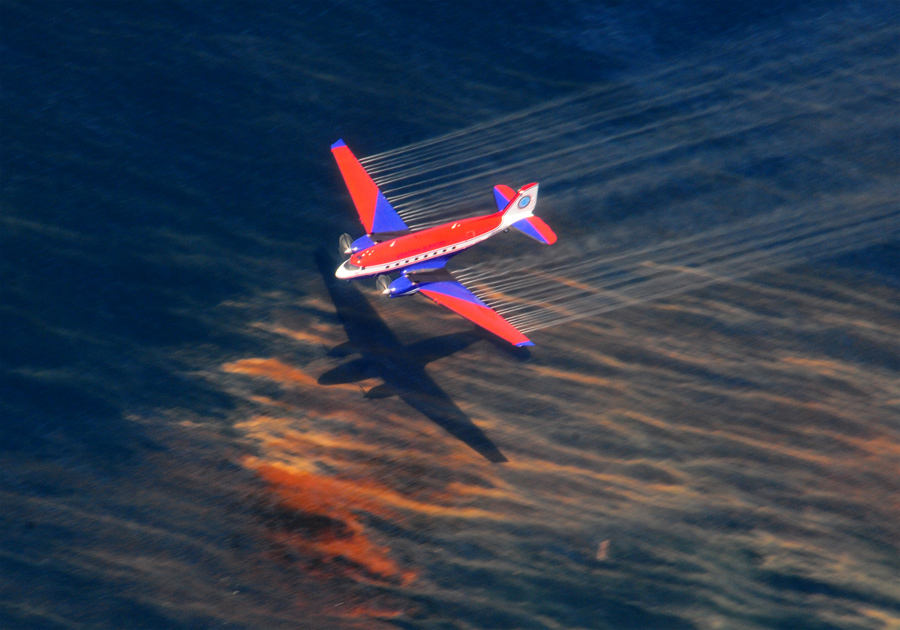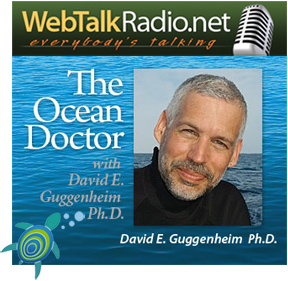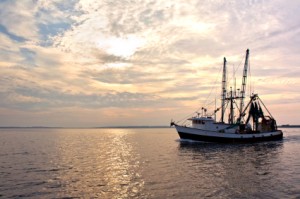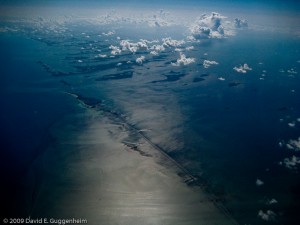Leading Ocean Scientists Issue Consensus Statement to End Dispersant Use in Gulf
Leading ocean researchers and conservation leaders have issued a joint Consensus Statement calling for the immediate halt of the use of chemical dispersants in the Gulf of Mexico. BP has used nearly two million gallons of Corexit chemical dispersants in the Gulf of Mexico as part of the cleanup effort with support from the U.S. Environmental Protection Agency (EPA). The massive volume of dispersants and the way they have been applied — both on the surface and one mile below the surface — is unprecedented. Once oil is dispersed in deep water, it cannot be recovered. Read more







